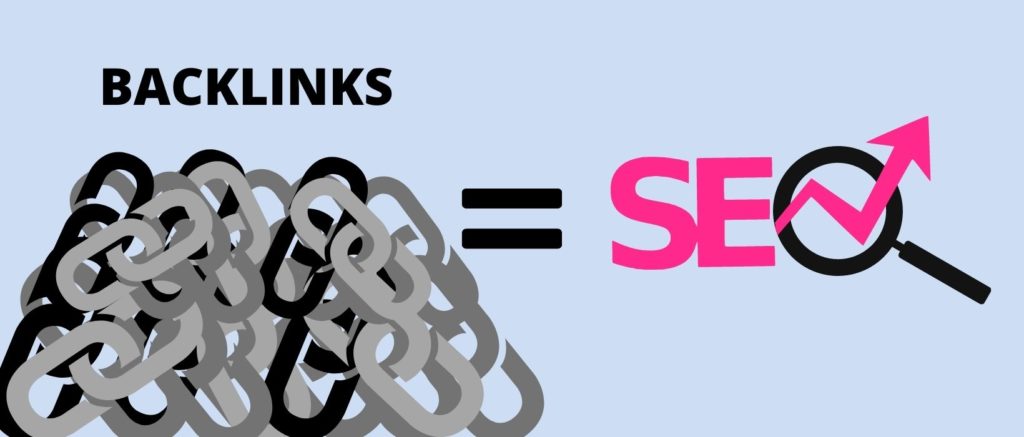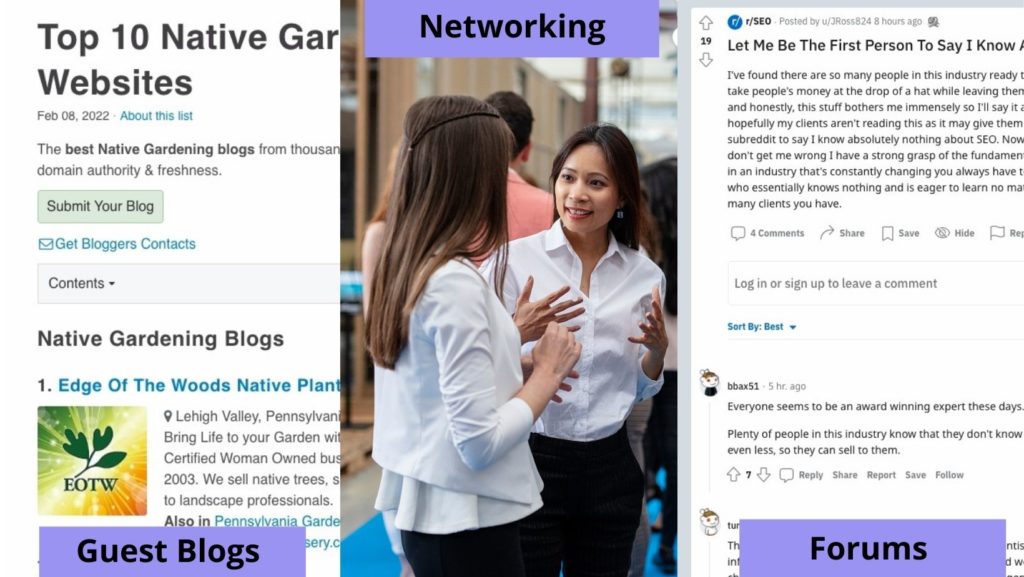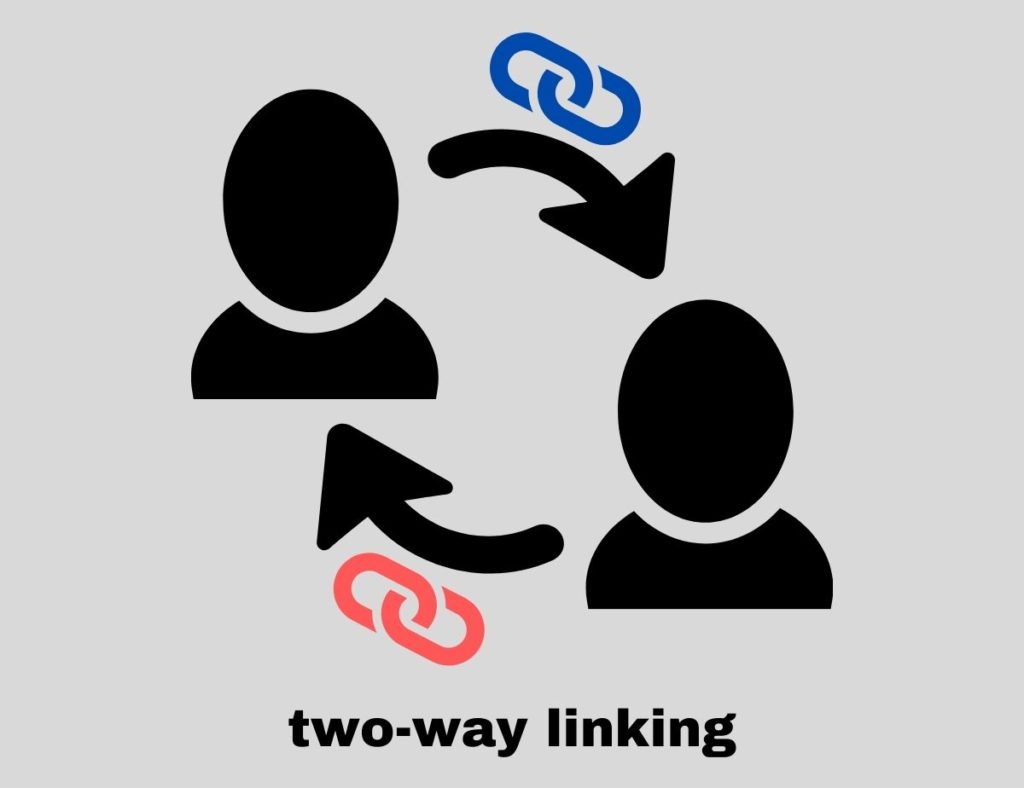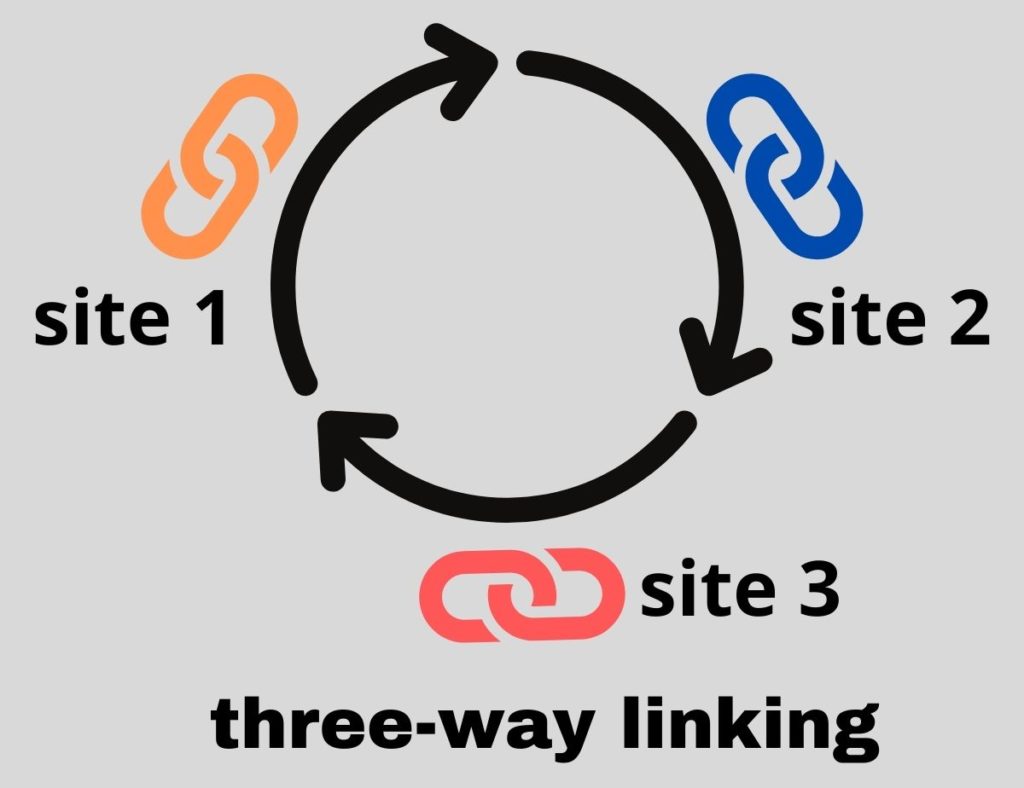Link Exchanges: Do They Work & Are They Safe?
If you’re in the SEO industry, there is a very high probability that you have received emails or LinkedIn messages from strangers wanting to initiate a link […]
If you’re in the SEO industry, there is a very high probability that you have received emails or LinkedIn messages from strangers wanting to initiate a link exchange. For those not immersed in the world of SEO, you may be wondering if you should send out one of these emails to the site administrator in your industry. However, before you begin drafting an email, it’s important to know how link exchanges work and what the risks are.
That’s where this article comes in. We’ll dive into the practice of trading links with other websites as a way to build a site’s domain authority and overall SERP ranking.
What exactly is a link exchange?
A link exchange is a reciprocal agreement between two websites whereby each site links to the other in order to increase traffic as well as their domain authority. Typically, the sites will agree to swap links for a certain period of time, after which they will rotate their links.
While this practice is commonplace, it is also considered a link scheme by Google when abused.
How does a link exchange improve SEO
Link exchanges, like other link-building strategies, are beneficial in regards to SEO for both websites involved. Not only do backlinks from other websites increase direct traffic to your website, but high-quality backlinks increase a website’s domain authority.
For many people that are new to SEO, the idea of backlinking in relation to web search visibility can be a bit complicated.
Here’s how backlinks increase search visibility:
As Google’s webcrawlers scour the web, they scan and index various pages on every website (for small websites they will likely index every page in one crawl). When the webcrawler comes across a link, they’ll record where the link goes and what the content on the linked-to-page includes.
During this process, Google sees these links as a website vouching for another. And when a site with high authority vouches for another site, Google takes notice that the linked-to site will like provide their searchers with quality information that is credible and trustworthy–this is why backlinks are used as a ranking signal for search engines.
And–the more high-quality backlinks your site receives, the more your site’s SERP ranking increases.
How Does Google Feel about Link Exchanges?
As we pointed out, link exchanging is likely done by most sites trying to build their reputation, domain authority, and regular traffic. However, this doesn’t mean that Google approves of this practice. In fact, Google has a policy against link exchanges.
This means that you should not exchange links with other websites in order to improve your ranking in Google search results on a large scale or through link buying. Google views these as an attempt to manipulate its search results, and it may penalize your website for violating its policies.
While Google used to have a more black-and-white policy on reciprocal linking, Google has slightly changed its tone just a bit recently, likely because this practice can be very difficult to detect or prevent.
This is what Google has to say about quid-pro-quo linking:
“The following [is an example] of [a] link scheme which can negatively impact a site’s ranking in search results:
Excessive link exchanges (“Link to me and I’ll link to you”) or partner pages exclusively for the sake of cross-linking” [1].
Note the word “excessive” in there? This suggests Google will turn a blind eye to the occasional link exchange.
Can you get in trouble for link exchanges?
Well…yes and no. As Google’s policy implies, link exchanges live in the gray zone between black hat and white hat SEO. However, it seems like as long as you’re not going overboard, you’re probably in the clear.
Additionally, there is a fine line between what constitutes advertising versus mutually trading links.
How will Google know if you exchange links with another website?
If you are exchanging links with another website, you will likely have a link exchange agreement of some sort. In this agreement, you will likely include a list of the websites that you are exchanging links with, as well as the specific pages on each website where the links will be placed.
A Googlebot will likely crawl each of the websites on this list, and if it finds the links on the correct pages, it will count them as a vote of confidence for both websites. The higher the number of links from other websites that Googlebot finds on your website, the better your website will rank in search engine results pages–to a point.
If Google’s webcrawler notices a sudden major increase in backlinks, especially those that don’t seem naturally placed or out of context, it will register this activity as a red flag. After this happens, your site’s spam score will likely increase, and if you continue to excessively exchange links, you can anticipate a Google manual penalty.
What will happen if Google catches you partaking in excessive link exchanging?
<iframe width=”400″ height=”230″ src=”https://www.youtube.com/embed/-AR-pU_1SuI” title=”YouTube video player” frameborder=”0″ allow=”accelerometer; autoplay; clipboard-write; encrypted-media; gyroscope; picture-in-picture” allowfullscreen></iframe>
If Google catches wind of your site abusing link exchanges to manipulate your SERP rankings, you can wind up with a manual action penalty. This will remove your website from search engine results until you fix the problem.
So, What isn’t a link exchange?
If you want to err on the side of caution, there are many ways to build backlinks without risking a Google penalty. Google’s PageRank and internet users will notice your website without the need for a direct link exchange. All you have to do is stick to networking and white hat methods to build your website’s reputation.
- Guest posts: Reach out to industry-related websites and ask if they accept guest posts. Then create a well-researched, well-written guest post with outbound links that contextually relate to the blog and to your website. Following Google’s webmaster guidelines will ensure your blog will meet the posting website’s standards.
- Networking: As you meet others in your niche, there’s a good chance that your peers will look into your business. If your website has a library of high-value blogs and other resources, then there’s a high probability that they’ll link to you on their websites.
- Engaging in online niche discussions: Forums offer an excellent opportunity to learn about what others in and outside your field want to know. As an expert in your niche, there’s a good chance you can offer insight and outgoing links to help answer these questions.
Of course, many forums have nofollow policies, but if you find one that doesn’t–great! You will gain link equity. If the forum does use the nofollow tag, you can still gain traffic, increase your brand reputation, and use the question as inspiration for innovative blog inspiration.
How can you find sites to exchange links with?
There are many ways to find websites to exchange links with or collaborate in link-building campaigns. One way is to use a search engine to find websites in your industry or related industries that are looking to exchange links.
- You can also use websites like Linkedin to find groups or individuals who are interested in exchanging links.
- You can also use directories like Dmoz or Alexa to find websites that are looking to exchange links.
What is the link exchange process like?
Whether you’re looking to guest post or do a direct link exchange the process is rather simple. Just be prepared for a lot of email correspondence and meeting some neat people within your industry. Here is a tactic that happens all the time (yes, it can be annoying to us SEO folks, but if you’re not in SEO, there’s a high probability that you will get a great response rate):
- The first step is to find websites that are interested in exchanging links with you.
- The next step is to contact these websites and ask them to exchange links with you via blogs or otherwise. You can also ask them to participate in tiered link building.
- If they say, “Sure!” you will then need to discuss topics that will work well for one another. You will also want to specify specific links you want them to use (and vice versa). If you want to be fancy, you can put together a link exchange agreement.
- Next, you will want to final step is to add the links to your websites.
- Finally, verify that they posted your link naturally within their content and did not use a nofollow tag.
What domain authority should I aim for in my link exchange?
This can be a tricky question since most sites want to trade with another site that has a higher domain authority. So, if your DA isn’t the best, you may have a hard time convincing high-DA sites (60+) to exchange with you. So, aim for sites with a DA higher than yours, and celebrate if you can achieve one that is much higher than your own.
Link exchanges may be simple, but the SEO jargon around them can make them seem complicated. There’s no reason to feel intimidated. Here are some of the most common questions regarding SEO vocabulary that tend to crop up when talking about link exchanges:
What is reciprocal linking?
Reciprocal linking is another way to say “link exchange.” Which is a trade of links between two websites. Webmasters reciprocal link to each other’s websites to increase their popularity and search engine rankings.
What is two-way link exchange?
A two-way link exchange (or 2-way link exchange) is a type of link exchange in which two websites link to each other through blogs, sidebar links, forums, or other web pages. This type of link exchange is considered more beneficial than a one-way link because it helps both websites to improve their search engine ranking.
A one-way link is when just one site agrees to link to another without the “vice versa.”
What is a three-way link exchange?
A three-way link exchange (or 3-way link exchange) is a type of reciprocal link exchange in which three websites link to each other. Most often, site one links to site two, site two links to site three, and site three links to site one.
This form of reciprocal linking offers a degree of separation between the sites, which can make it more difficult for Google to recognize as a link scheme.
Collaborate, Network, and Increase Your Site’s SERP Rankings
Link exchanges are a simple process that toes the line of gray hat tactics. While Google acknowledges this form of PageRank manipulation, they accept that some link exchanging is harmless. To approach reciprocal linking in a white hat way, take the approach of providing another site with valuable content.
Setting up link exchanges is a time-consuming process. Let LinkGraph’s skilled team of SEO experts handle your campaign for you. Contact us today or learn more about how to build your site’s domain authority.





















































































